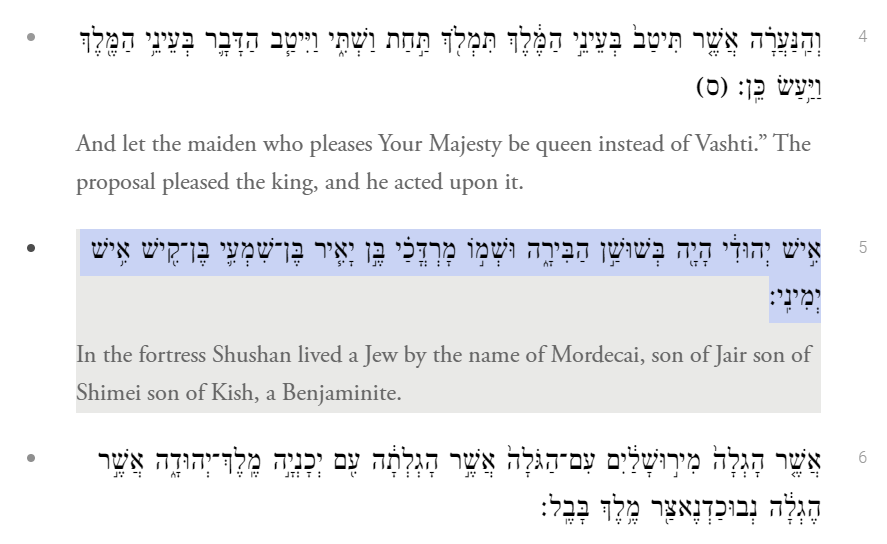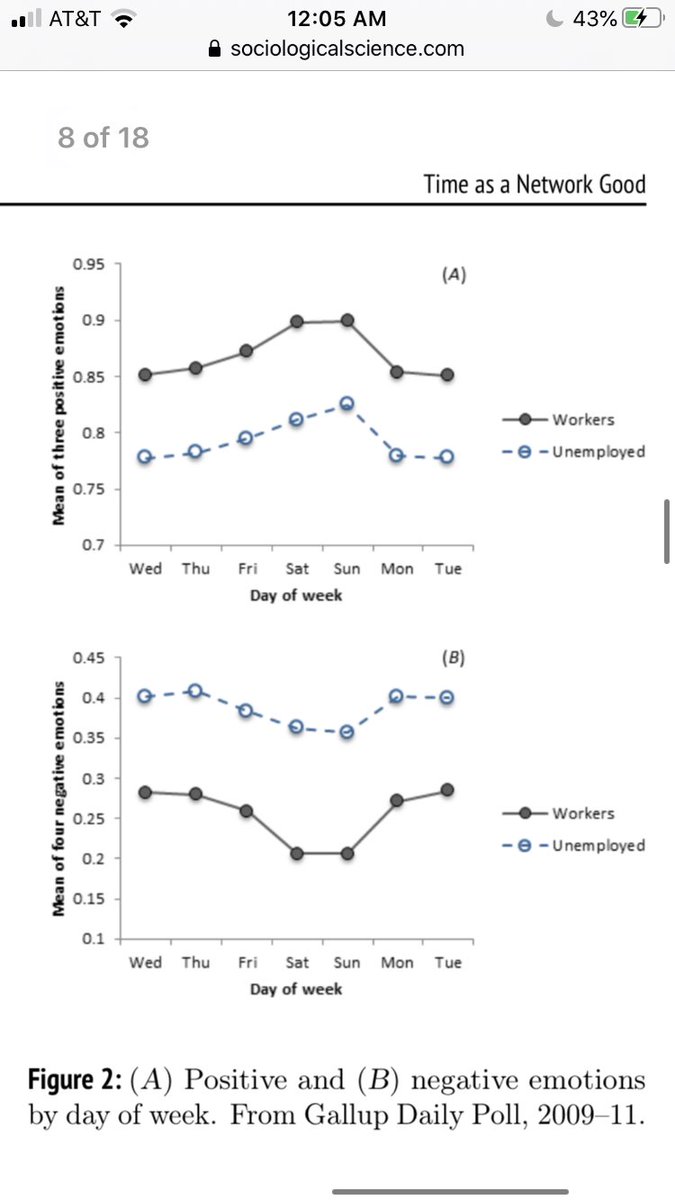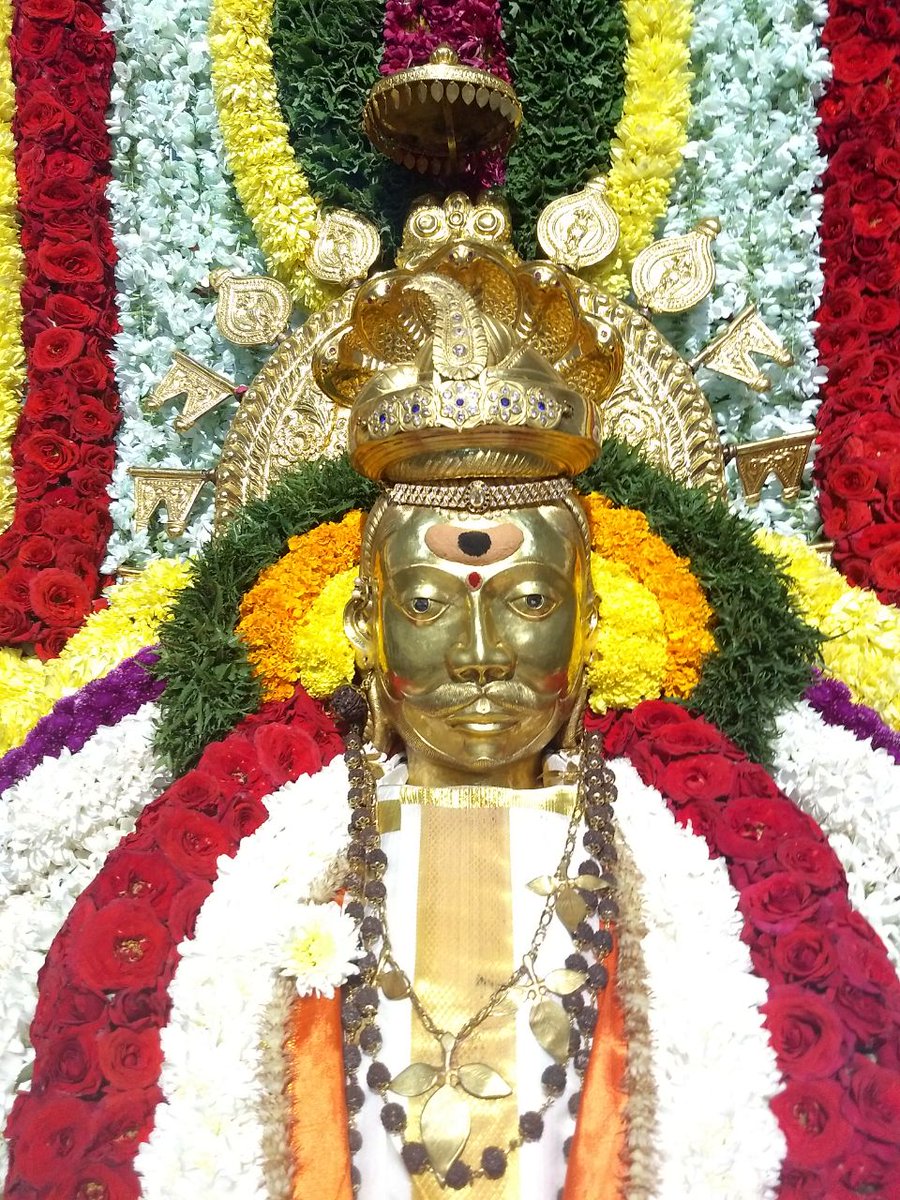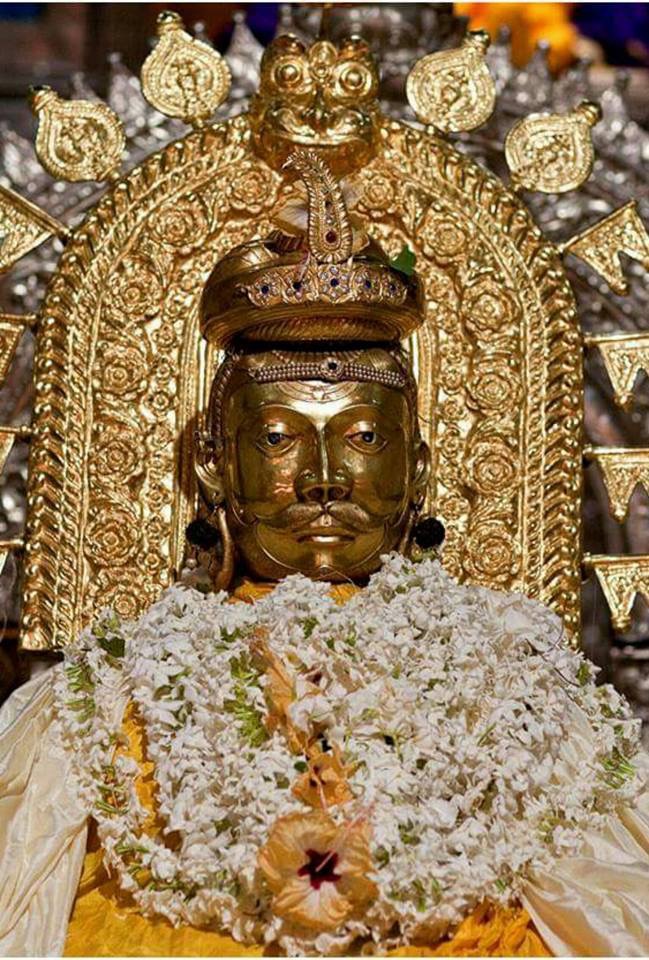But if the story was new to you, you’d be bewildered. If the king is going to promote anyone, it should be the plot-foiler, not some unknown dude!
Think about it!
Turns out there are (at least?) three important reasons & then there's the broader context, which help what comes next:
But this is threatened by her link to M!!
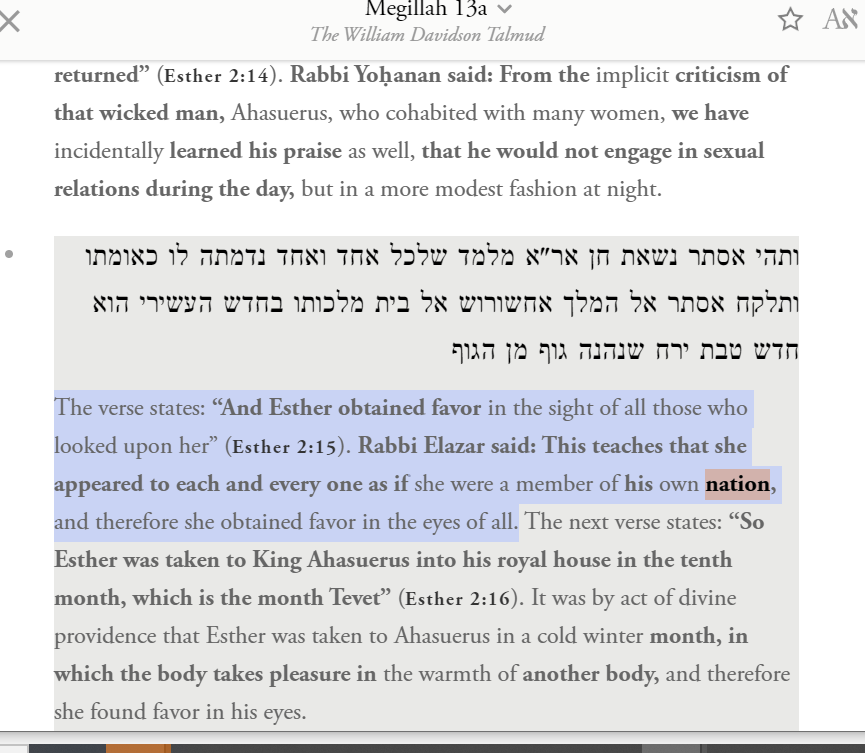
There's in fact ample reason for Esther to be terrified of approaching A, especially if it means stressing her Jewishness &/or her link to M.
& her worries are deeply intertwined with the key turning point that led to the genocidal decree:
But what does this mean for the larger plot & message of the story?
More on that soon...












